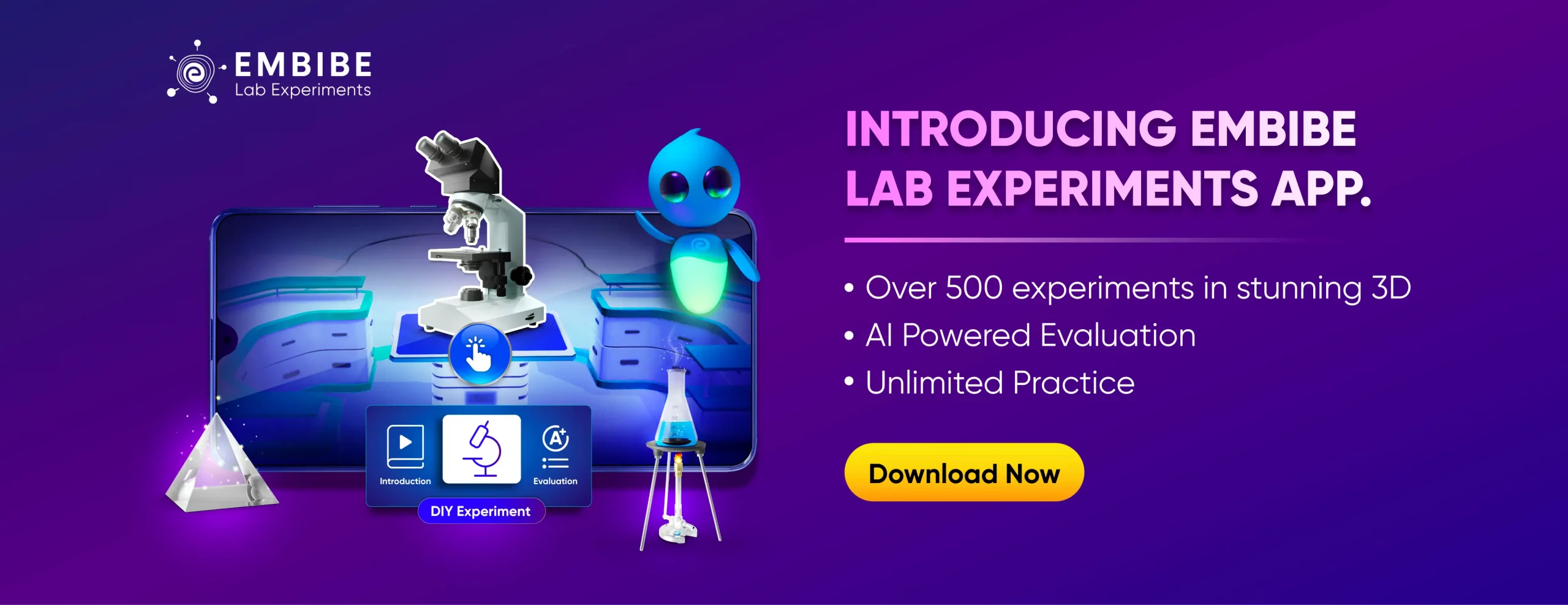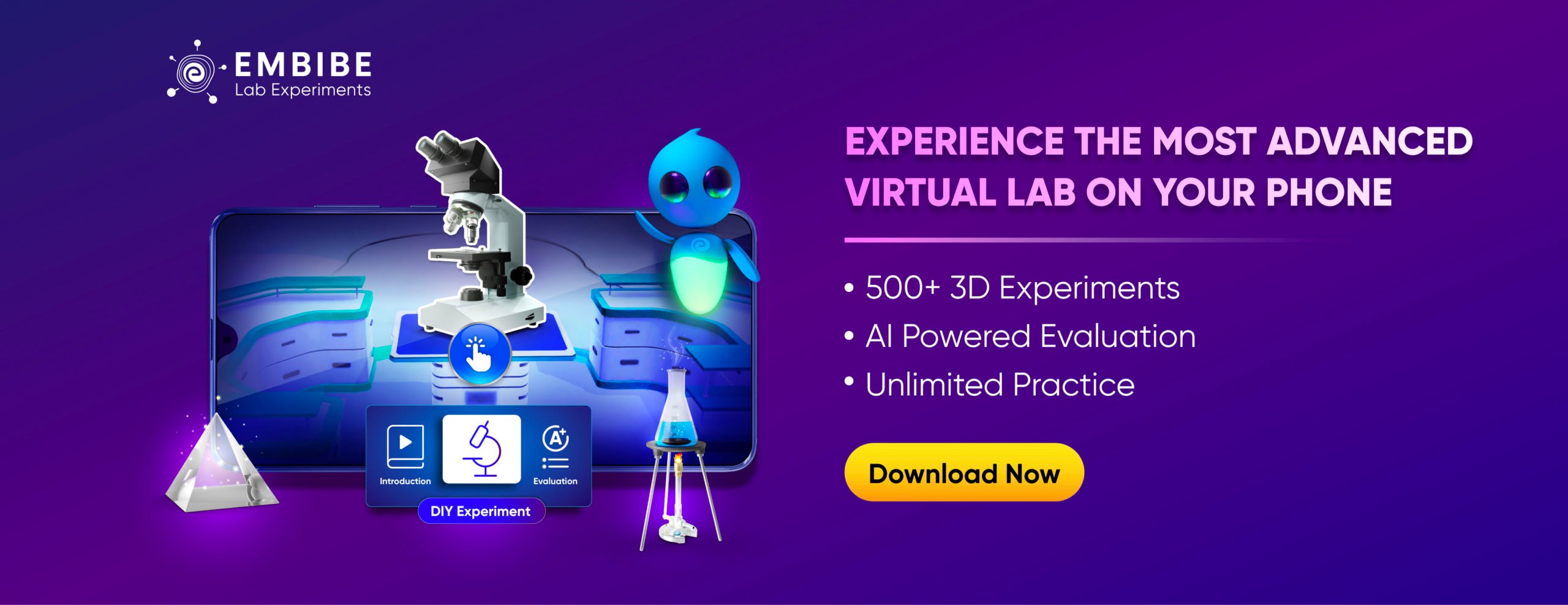Did you know that our brains could not know how to read when we were born? The brain needs to connect the letter it sees...

Tamil Nadu State Board Class 9 Books 2025: List of Best Books
November 18, 2024
The Tamil Nadu Board of Secondary Education is a self-governing body formed by the Tamil Nadu Government’s Department of Education in 1910. The Tamil Nadu board governs secondary and higher secondary education in Tamil Nadu. The Tamil Nadu board also administers tests and awards certificates for the Diploma in Elementary Education, Government Technical Examinations, and ESLC (Eighth class – private study).
The Tamil Nadu Board creates the curriculum and conducts exams for Tamil Nadu Class 11 students. The class 11 exam plays an important role in building the foundation for Class 12. This article discusses the Tamil Nadu Class 11 exam in detail. Continue reading to find out more about the Tamil Nadu Class 11 exam, preparation tips, and more.

The Tamil Nadu Board Class 11 exam is conducted at the school level by adhering to the rules and regulations prescribed by the board. The exam is usually held in March every year and is offline. This year, the exam will be conducted from March 4 to 25, 2024. The exam pattern is similar to Class 12 to give students an experience of the upcoming board exam that they will face. Before going into further details, lets us look at the Tamil Nadu Board Class 11 exam summary in the table below:
| Particulars | Details |
|---|---|
| Name of Organisation | Tamil Nadu School Education Department |
| Name of Course | TN Plus One (11th class) |
| Mode of Exam | Offline |
| Frequency of Exam | Annually |
| Full Marks | 100 for each paper |
| Passing Marks | 35% in each subject |

Tamil Nadu Board has announced the Class 11 date sheet on its portal. According to the date sheet, the TN board Class 11 exams will be conducted from March 4 to 25, 2024. Check out the complete details in the table below.

The Tamil Nadu State Board Class 11 syllabus, is a valuable resource for students because it specifies what is expected of them in that subject. The syllabus will also help students and teachers figure out how much of each subject has been taught. Students can better plan their studies and prepare for final exams by knowing the Tamil Nadu Class 11 syllabus.
You can go to the Tamil Nadu State Board Class 11 syllabus to get an idea of what will be covered throughout the academic year.
Mathematics in Class 11 contains concepts that are useful in the higher classes and competitive exams as well. Students should ensure that they learn and practice all the chapters thoroughly to ace the exam. The table below provides the TN Board Class 11 Mathematics syllabus:
| Chapter Number |
Chapter Name | Topics |
|---|---|---|
|
1 |
Sets, Relations, and Functions |
|
| 2 | Basic Algebra |
|
| 3 | Trigonometry |
|
| 4 | Combinatorics and Mathematical Induction |
|
| 5 | Binomial Theorem, Sequences And Series |
|
| 6 | Two Dimensional Analytical Geometry |
|
| 7 | Matrices and Determinants |
|
| 8 | Vector Algebra |
|
| 9 | Differential Calculus – Limits and Continuity |
|
| 10 | Differential Calculus – Differentiability and Methods of Differentiation |
|
| 11 | Integral Calculus |
|
| 12 | Introduction to Probability Theory |
|
Physics deals with the study of the universe, energy, matter, and many other concepts. The topics included in the syllabus require a proper understanding as they have vast applications in real life. The table below provides the TN Board Class 11 Physics syllabus:
| Chapter Number |
Chapter Name | Topics |
|---|---|---|
| 1 | Nature of the Physical World and Measurement |
|
| 2 | Kinematics |
|
| 3 | Laws of Motion |
|
| 4 | Work, Energy, and Power |
|
| 5 | The motion of System of Particles and Rigid Bodies |
|
| 6 | Gravitation |
|
| 7 | Properties of Matter |
|
| 8 | Heat and Thermodynamics |
|
| 9 | Behavior of Perfect Gas and Kinetic Theory of Gases |
|
| 10 | Oscillations |
|
| 11 | Waves |
|
Chemistry is the study of chemical reactions, elements and compounds, their properties, applications, and more. Knowing the syllabus allows students to study the right chapters for the exam. Refer to the table with the chapter names and topics included in the TN Board Class 11 Chemistry syllabus below.
| Chapter Number |
Chapter Name | Topics |
|---|---|---|
| 1 | Basic Concepts of Chemistry and Chemical Calculations |
|
| 2 | Quantum Mechanical Model of Atom |
|
| 3 | Periodic Classification of Elements |
|
| 4 | Hydrogen |
|
| 5 | Alkali and Alkaline Earth Metals |
|
| 6 | Gaseous State |
|
| 7 | Thermodynamics |
|
| 8 | Physical and Chemical Equilibrium |
|
| 9 | Solutions |
|
| 10 | Chemical Bonding |
|
| 11 | Fundamentals of Organic Chemistry |
|
| 12 | The Basic Concept of Organic Reactions |
|
| 13 | Hydrocarbons |
|
| 14 | Haloalkanes and Haloarenes |
|
| 15 | Environmental Chemistry |
|

Biology is the study of life, how living organisms live, their activities, mechanisms, structure, and so on. Biology is further divided into Botany and Zoology, and students should give equal importance to both to score good marks in the exam. The detailed syllabus for both the sections is given in different tables below:
Zoology is the science that deals with the study of animals and humans. Go through the detailed syllabus of TN Board Class 11 Zoology in the table below:
| Chapter Number |
Chapter Name | Topics |
|---|---|---|
| 1 | The Living World |
|
| 2 | Kingdom Animalia |
|
| 3 | Tissue Level of Organisation |
|
| 4 | Organ and Organ Systems in Animals |
|
| 5 | Digestion and Absorption |
|
| 6 | Respiration |
|
| 7 | Body Fluids and Circulation |
|
| 8 | Excretion |
|
| 9 | Locomotion and Movement |
|
| 10 | Neural Control and Coordination |
|
| 11 | Chemical Coordination and Integration |
|
| 12 | Trends in Economic Zoology |
|
Botany is another part of Biology that deals with the study of plants. Go through the Class 11 Botany Tamil Nadu Board syllabus from the table mentioned below:
| Unit Number |
Unit Name | Chapter Name | Topics |
|---|---|---|---|
| 1 |
Diversity of Living World |
Living World |
|
| 2 | Plant Kingdom |
|
|
| 3 |
Plant Morphology and Taxonomy of Angiosperms |
Vegetative Morphology |
|
| 4 | Reproductive Morphology |
|
|
| 5 | Taxonomy and Systematic Botany |
|
|
| 6 | Cell Biology and Biomolecules | Cell: The Unit of Life |
|
| 7 | Cell Cycle |
|
|
| 8 | Biomolecules |
|
|
| 9 | Plant Anatomy (Structural Organisation of Plants) | Tissue and Tissue System |
|
| 10 | Secondary Growth |
|
|
| 11 | Plant Physiology (Functional Organisation) | Transport in Plants |
|
| 12 | Mineral Nutrition |
|
|
| 13 | Photosynthesis |
|
|
| 14 | Respiration |
|
|
| 15 | Plant Growth and Development |
|

A proper study plan goes a long way in helping students prepare for their board exams. While it is important to be thorough with all the concepts and topics, preparing for the exam without a strategy can be time-consuming and strenuous. Therefore, we have come up with some preparation tips and a detailed study plan to help students. The detailed study plan and preparation tips are mentioned in the following section:
Preparation tips make the learning process easier and smoother for students. It helps them remember the concepts and achieve outputs in a much smarter way. Students can refer to the tips on a daily basis to improve their preparation. Below are some preparation tips for TN Board Class 11 exam:
Referring to a detailed study plan ensures that students are studying in a systematic manner to ace the exam. It helps students plan their studies accordingly to achieve the best results for their exam. A detailed study plan for the Tamil Nadu Board Class 11 exam is given below:

Some of the frequently asked questions on Tamil Nadu Board Class 11 are listed below:
Q: What are the eligibility criteria for TN Board students to appear for the Class 11 examinations?
Ans: Students who have been accepted into Class 11 after passing the Class 10 test are eligible to sit the Class 11 examination. Furthermore, they must maintain the appropriate level of attendance in class.
Q: When will the Tamil Nadu Class 11 exams be held?
Ans: The Tamil Nadu Directorate of Government Examinations recommends all affiliated schools to hold Class 11 exams in March every year.
Q: Is TN board Class 11 important?
Ans: For high school students, Class 11 is critical as the concepts taught at this level lay the foundation for Class 12 board exam.
Q: What are some of the best preparation tips for TN Board Class 11?
Ans: Students can read this article to get the best preparation tips for TN Board Class 11.
Q: Where can I get study materials for the Tamil Nadu Board Class 11 exam?
Ans: Embibe provides reliable study materials for the Tamil Nadu Board Class 11 exam.

Schools are important to help students build their foundation, skills, and realise their potential. Choosing the best schools helps students achieve their goals and prepare them for their future. There are many schools affiliated with the Tamil Nadu Board that offers higher secondary education to students. Here is a tabulated list of schools that come under the TN Board.
| Sr.No. | School Board | Name of the School |
|---|---|---|
| 1 | State Board | Chintadripet Boys Higher Secondary School |
| 2 | State Board | Guru Nanak Mat. Sr. Sec School |
| 3 | State Board | K.C. Sankaralinga Nadar Higher Secondary School |
| 4 | State Board | Muslim Higher Secondary School |
| 5 | State Board | P.S. Higher Secondary School |
| 6 | State Board | The Hindu Higher Secondary School |
| 7 | State Board | Vellayan Chettiar Higher Secondary School |
| 8 | State Board | Wesley Higher Secondary School |
| 9 | State Board | MCC Public School |
To view and download the complete list of the state board schools in Tamil Nadu, click here.

The next exam after the Tamil Nadu Board Class 11 is the board exam in Class 12. Now, if students want to pursue their higher education, they will have to appear for some competitive exams. These exams test students' conceptual knowledge, application based-knowledge, reasoning, and critical thinking skills. The following are the major competitive examinations that students can appear for: